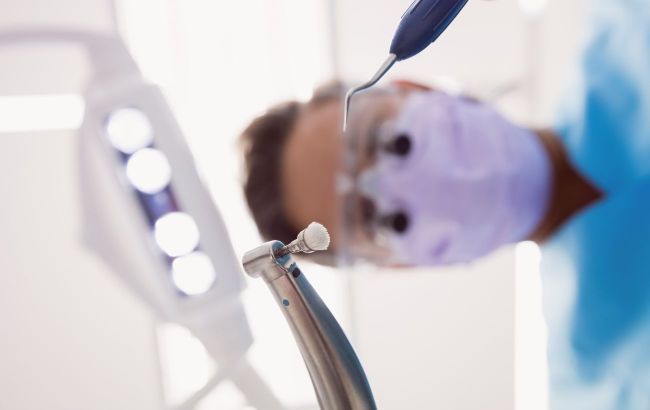Dentist debunks common myths about teeth cleaning
 The dentist answered the main questions about teeth (freepik.com)
The dentist answered the main questions about teeth (freepik.com)
Healthy teeth are the dream of every person. The dentist dispelled the main myths about brushing your teeth that many people believe in, according to Express.
Myths about teeth
Dentist Lawrence Smith answered the main questions about dental health.
Should we brush our teeth before or after breakfast?
Whether you should brush your teeth before or after breakfast is a hotly debated topic, and many people have different opinions. The doctor advises waiting 30 minutes after breakfast, as brushing your teeth beforehand can weaken the enamel, and eating sour or sweet foods after breakfast can have a negative effect.
Waiting 30 minutes after eating allows your saliva to balance the pH level, remineralize your teeth, and help prevent tooth decay and gum disease.
Are sugar-free carbonated drinks or soda harmful to teeth?
Any carbonated beverage is more likely to destroy your teeth than plain still water.
When you drink sugar-free carbonated drinks, the problem for your teeth is often their acidity. Many of these drinks contain carbon dioxide, which leads to the weakening of the enamel in frequent drinkers.
As for soda, although it can have a slight erosive effect on teeth, it is usually not as acidic as other soft drinks.
Should we use mouthwash after brushing our teeth?
Mouthwash can be a useful addition to your oral hygiene routine, helping to kill cavity-causing bacteria and freshen your breath.
However, it is usually best to wait at least 30 minutes before using mouthwash, otherwise, it will remove the concentrated fluoride that helps protect your teeth after brushing.
It's the same with other liquids: it's best not to rinse your mouth with water immediately after brushing your teeth. Instead, consider using mouthwash in the afternoon.
Are yellow teeth a sign of bad teeth?
Many patients believe that white teeth are an automatic sign of clean and healthy teeth, while yellow teeth are the opposite.
However, yellow teeth do not necessarily indicate poor oral hygiene, it can simply be the result of dietary choices, age, lifestyle, or genetics.
Sometimes it can indicate plaque buildup, but it's usually best to see a dentist if you have any concerns. On the other hand, while white teeth can be a sign of good oral hygiene, it is not a guarantee.
Does brushing our teeth harder make them cleaner?
Some people believe that brushing harder or with more force will make their teeth cleaner. This is not true, as aggressive brushing can damage both enamel and gums.
Choose toothbrushes with medium to soft bristles and remember to brush gently.
A slower but longer stroke is more effective. This also applies to electric toothbrushes: it's best to avoid over-brushing, instead just guide the brush and let the vibrations do the cleaning.
In addition, don't forget to floss daily to remove plaque from hard-to-reach areas.
Earlier we wrote how much toothpaste you need to brush your teeth.
Read also about the five worst foods for your teeth.
This material is for informational purposes only and should not be used for medical diagnosis or self-treatment. Our goal is to provide readers with accurate information about symptoms, causes, and methods of detecting diseases. RBС-Ukraine is not responsible for any diagnoses that readers may make based on materials from the resource. We do not recommend self-treatment and advise consulting a doctor in case of any health concerns.

